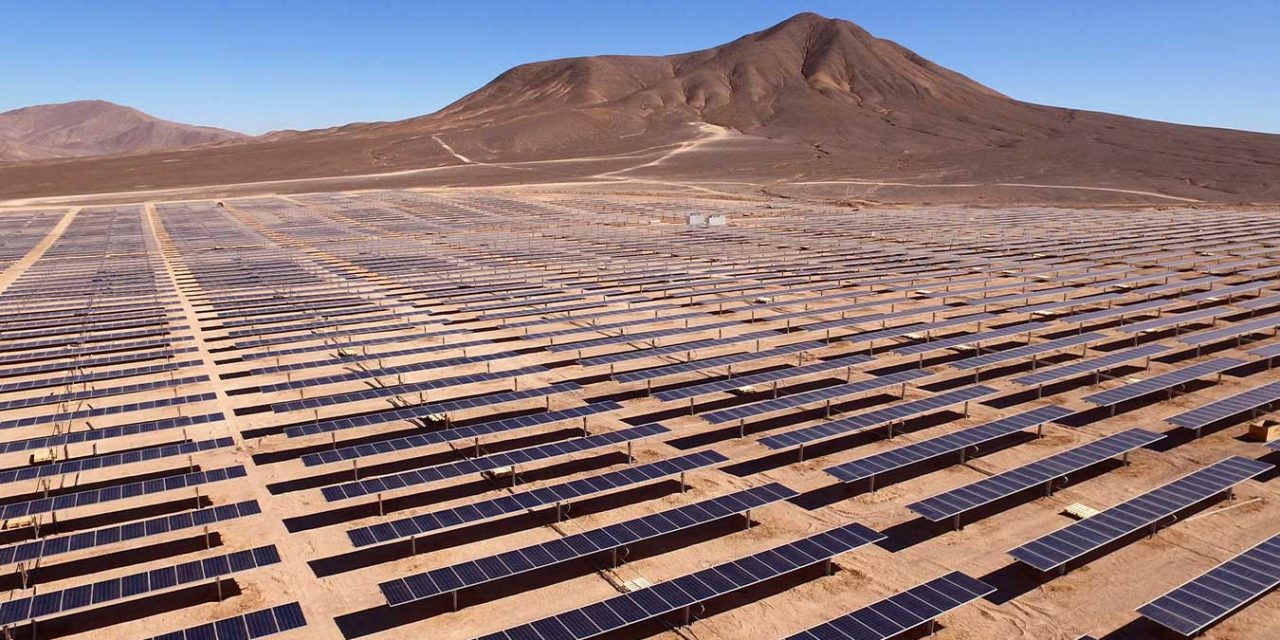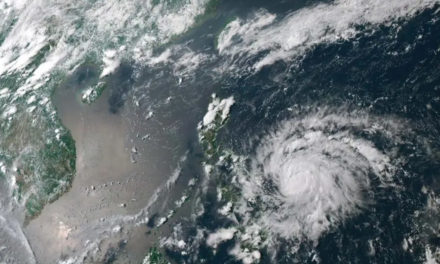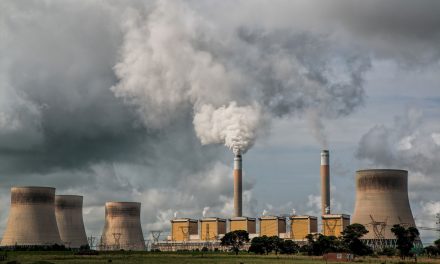Jujuy Province, Argentina[/caption]
China’s “Predatory” Lending Practices
Chinese investments have not gone unnoticed and have their critics. Mike Pompeo has criticised What he called Beijing’s “predatory” lending practices, which then leaves borrowers bound to Chinese companies. “It is a way of expanding China’s growing global presence and dominant economic force, and it progressively reorients the world from the U.S. and European-centric view of the last fifty years,” said Tim Buckley, director for the U.S-based Institute for Energy Economics and Financial Analysis. Pompeo went further and accused Beijing of meddling in the internal affairs of other countries. “It is not okay to put technology systems in with latent capability to take information from citizens of Chile or any other country and transfer it back to President Xi’s government,” Pompeo said. Whether you like it or not China has certainly got a foothold in the South American energy market. Just in Argentina, China has financed windfarms and hydroelectric dams and is in talks to build a nuclear power station with China’s own Hualong One reactor design. Since 2000 China has spent $244 billion on energy projects and a quarter of that has been in South America. Globally China has been the biggest investor in clean energy projects for nine years in a row. China is the undisputed world leader in solar technology. It is the world’s biggest manufacturer of solar panels. This has led to falling prices, which energy experts credit has the main reason why solar is being taken up so quickly around the world. Once China gets a foothold in the energy sector then this often leads to spinoff contracts in other unrelated sectors for Chinese companies. In Jujuy Province, the local administration signed a deal with the Chinese tech giant ZTE to provide it with fibreoptic telecommunications and surveillance cameras. “(Cauchari) paved the way – a highway – for all other projects,” a person familiar with the situation told Reuters.]]>- Why is California So at Risk from Wildfires? - 13th November 2019
- Carbon Offsetting is Growing but Does it Make a Difference? - 11th November 2019
- Three Confirmed Dead as Australia Prepares for “Catastrophic” Bushfires - 11th November 2019






